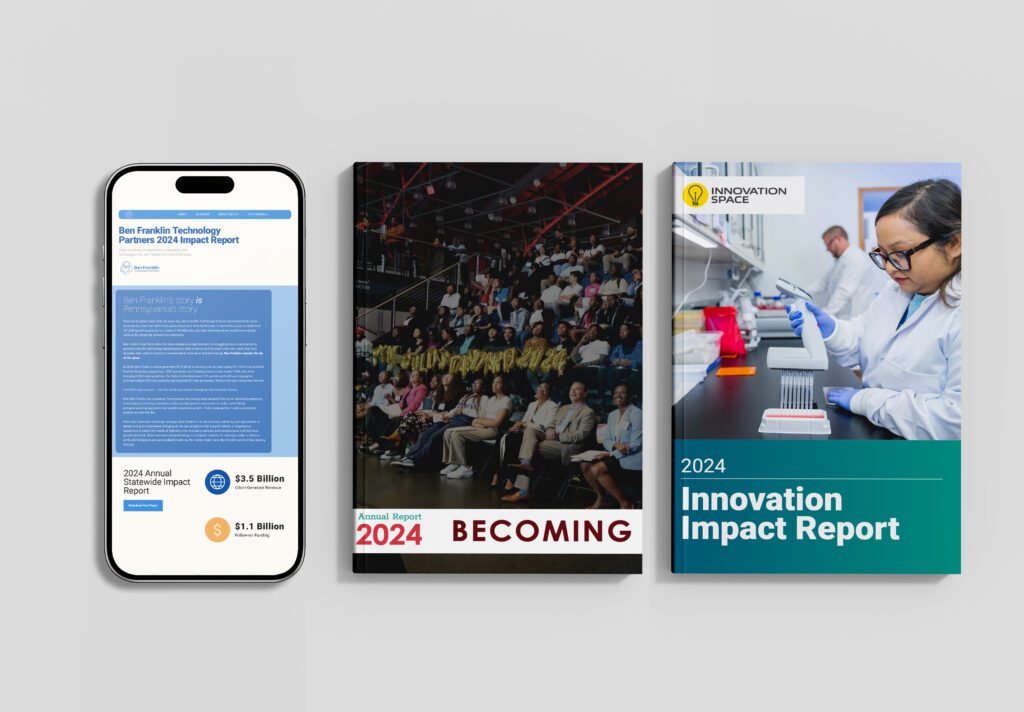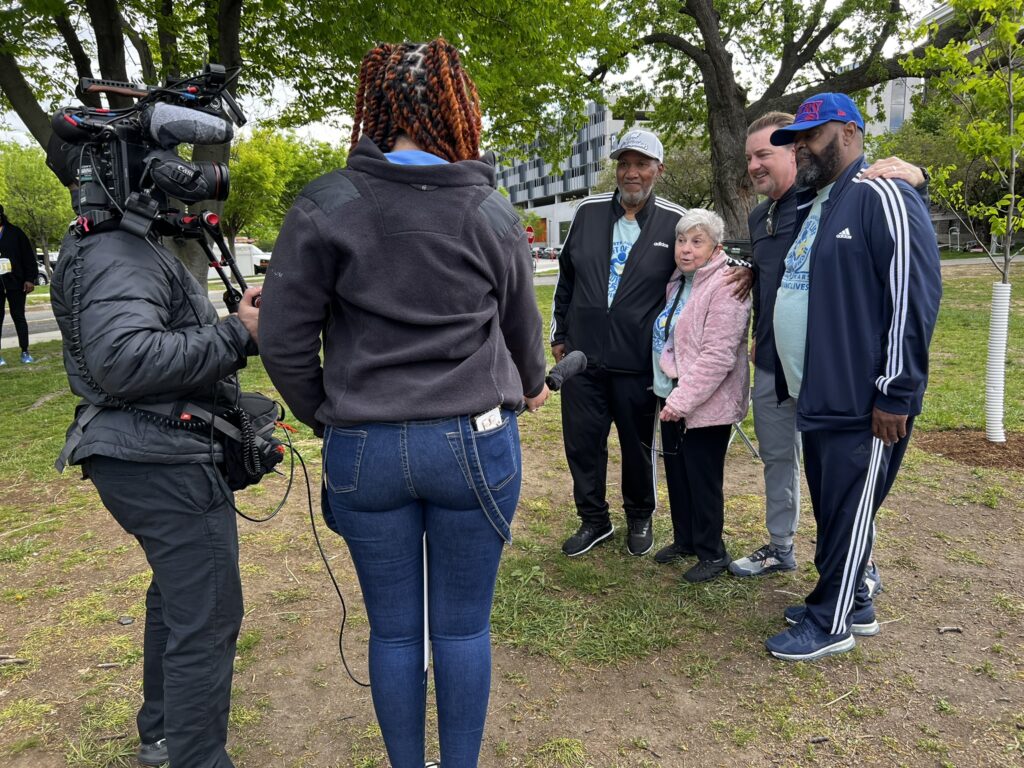
In my job as special projects manager for Ceisler Media and Issue Advocacy, I frequently work with reporters. I think I have a good understanding of what they want and what they need. Because not too long ago, I was one of them.
I’m a guy who crossed the street, transitioning from a journalism career with the Philadelphia Tribune to one in PR here at Ceisler Media. Doing both jobs has helped me. I understand the roller-coaster relationship between people who write the news and those who want their stories told – or maybe not told.
And I think I can offer a few tips to both sides.
First, a little about my background. I was raised here in Philadelphia. I graduated from Overbrook High, hung out in Germantown as a young man and remember taking my girlfriends to dinner and a movie in Center City for just $50. Ancient times, right?
I studied journalism at Philadelphia Community College, and quickly learned the profession was tough to break into. So I knocked around professionally – working in construction, helping out at Drexel’s bookstore and freelancing as much as I could.
I was banging out two or three freelance stories a week for the Philadelphia Tribune when I finally got my break in 2004. They hired me fulltime.
I remember my first story on the job. There had been a homicide in the city, resulting from a fight between black and Cambodian kids. I went to the site and there was blood in the streets.
No other reporters were there, so I went up to the victim’s family and spoke with them. I was not emotionally prepared for that. But I had to talk to them like they were my own family. It was among the toughest stories I ever had to report.
Over the years, I covered the police beat, education stories and lots of trials.
And, of course, I worked with public relations people.
The first thing I’ll say about the give-and-take between news media and PR people is this – relationships matter. Interpersonal connections are supremely important. Always carry your business card and hand it out to everyone.
Media is transient, especially in television. So you need to constantly network to keep up with all the changing faces. Make all the contacts you can in both the print and broadcasting end. Now, networking has changed, of course. These days, social media is such a huge part of it. There’s no way to survive without it. There are people I might never contact on the phone – but when I reach out on Facebook, I’ll hear right back. Social media may sometimes feel like a necessary evil, but it’s critical.
The more you know people, the more you know what they need to do their job. When I was a reporter, I regularly dealt with Brittany Tressler at Ceisler Media. Because we spoke so often, she always knew the kind of stories I was looking for. When she called, her story usually ended up in the paper.
Hey, relevancy matters. During my days at the Tribune, I would sometimes be amazed when a PR person called trying to sell me on a story that had no impact on my readers or my community. If you’re pitching me, make sure it’s something I can use.
A smart PR person will keep up with the news and try to make a reporter’s job easier. Maybe you’ve got something I can weave into something else I’m working on. Broadening the story always makes me look better with the community I’m covering – not to mention my editors.
Have I mentioned trust? That’s supremely critical. No one wants to be lied to. And often you won’t get a second chance. Media and PR can sometimes be adversarial, but most disagreements can be worked out if you trust the other person is at least telling you the truth.
Kirk Dorn of Ceisler Media was a PR person I always trusted in my newspaper days. When Kirk would give me something from the Philadelphia Housing Association, a group he still works with, I knew I could believe its accuracy. And I knew he wasn’t wasting my time.
Kirk called me in December 2015 and offered me an interview to come work here at Ceisler Media. I wasn’t sure what it would be like to cross the street. But I felt it was a good time for a change. And I knew this job would incorporate many of my skills as a writer and someone who enjoys talking to people.
There are certainly nuances on this side of the business. When you’re a reporter, you’re seeking as much information as you can. When you’re in PR – well, don’t ever lie, as I said earlier. But sometimes you’re privy to information that reporters want to know, but you might be wise not to tell them. Discretion is key.
Of course, there’s the other side of that, which I learned by working at the Tribune. Sometimes, a good PR person needs to show clients that it’s in their interest to be more transparent. I think I can now see this from both sides and strike a good balance.
It’s important now for me to always realize that I’m speaking for the client. Sometimes, I might be the face on TV answering the questions, and my client trusts me not to make a misstep. Savvy and an ability to think on my feet can really help the client.
I know how reporters think. I’m not saying that as a bad thing, but I need to be prepared if they throw me a question that I might be smarter not to answer. I have to know when to stay on script. I can anticipate the tactics, the pitfalls. Hey, I know where a question can lead you.
Being in PR gives me a broader perspective. I’ve always liked being in the middle of things. On this side, I’m often on the inside. I see the total picture.
Knowing the city, its issues and its important players really helps. Hey, the more you know, the better you are. That’s true in every business.

Larry Miller is a Special Projects Manager in Ceisler Media’s Philadelphia office. Prior to joining Ceisler Media in 2016, Larry was a reporter for the Philadelphia Tribune.



